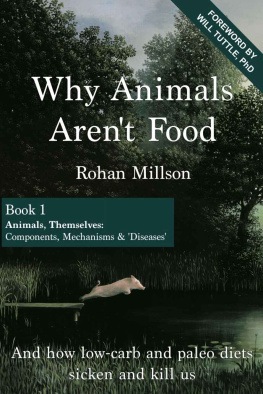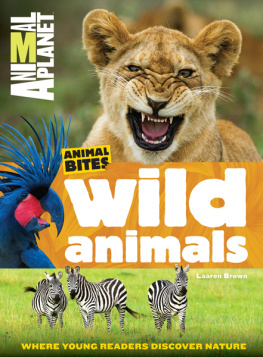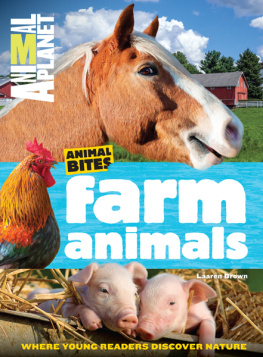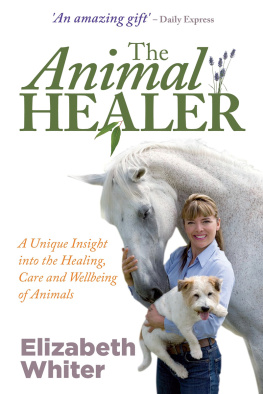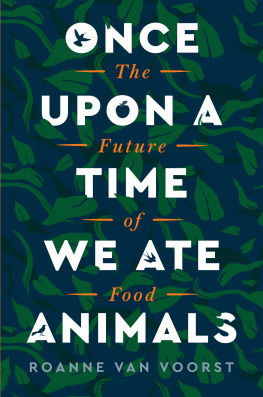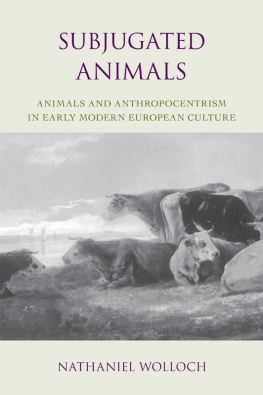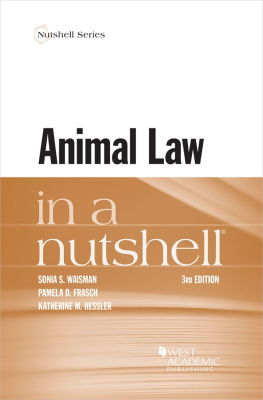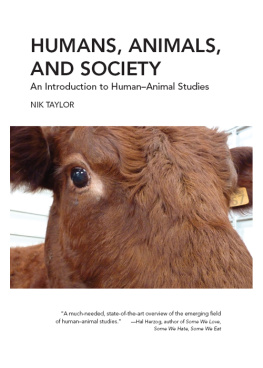WHY ANIMALS ARENT FOOD
~ And How Low-Carb and Paleo Diets Sicken and Kill Us ~
Book 1 - Animals, Themselves: Components, Mechanisms & "Diseases"
Rohan Millson

Copyright 2016 Rohan Millson
All rights reserved.
ISBN-13: 978-1516915392
ISBN-10: 1516915399
Tabularasa Press, Cape Town 2016
DISCLAIMER
The information contained in this book is for educational purposes only and is not intended to be, and should not be used by you as medical advice. Please DO NOT delay in seeking medical advice from a licensed health care professional for any health problems you may experience. Please DO NOT base any health care decision on the information contained in this book , no matter how strongly the author believes the evidence shows that lifestyle medicine and preventive whole-food, plants-only nutrition are the best remedy for most chronic ailments.
Table of Contents
DEDICATION
I dedicate this book to Michael Greger, Will Tuttle and Nicola Vernon, crazy diamonds of the first water, who personify the beautiful difference between love of animals and love of food.
What people are saying about Why Animals Arent Food
"With passion, wit, and facts, Rohan Millson shows why choosing to eat animals isnt bad only for them, and exposes the irony that when we rob them of their lives, we raise the risk of doing the same to ourselves."
- Jonathan Balcombe, PhD , author of Pleasurable Kingdom and What a Fish Knows
Rohan is passionate about health that is honest and true and this book is an honest approach to the truth about human nutrition - we all need to read this - it can change our lives and make the world a better place.
- Mary-Ann Shearer , founder of The Natural Way
I think its going to be an important resource not just for the vegan movement but for the general public to understand the deeper picture of health on every level.
- Will Tuttle, PhD , author of The World Peace Diet
Rohan Millson, with his extraordinary book Why Animals Arent Food , is doing everything in his power to expose the lies and help us understand why animals should play no part in the human diet.
- Gary Yourofsky , founder of ADAPTT, Animals Deserve Absolute Protection Today and Tomorrow
Foreword by Will Tuttle, PhD, author of The World Peace Diet
In looking at our contemporary situation regarding food and health, what is most obvious is that debates rage ceaselessly about nearly everything. Why is it that, besides all sides agreeing that vegetables are necessary and nutritious, we find so much disagreement regarding healthy eating? The primary reason for this dissension is that we all live in a herding culture organized at its core around eating animal-sourced foods, and yet virtually all genuine research and experience reveals that animal flesh, dairy products, and eggs are exceedingly detrimental to our health. As a result, there are two powerful forces working to convince the public that we are carnivorous by nature and adapted to thrive on animal foods. These two forces conflict with and battle against the essential truth that we are adapted to thrive on organic, whole, plant-based foods.
One of these two forces is the enormously powerful corporate financial structure built on animal agriculture: the huge food manufacturing, chemical, agricultural, medical, pharmaceutical, petroleum, grocery, and restaurant/fast food conglomerates that are enriched by the animal-based food system that we have today. The other force, ironically, is the public itself. We are all required from infancy to participate in relentless mealtime rituals eating the flesh and secretions of abused animals, and because we are all eating these foods, and being creatures of habit and social pressure, we tend to resist information that questions the food status quo into which we have been born. As I discuss in The World Peace Diet, it is becoming increasingly obvious that our very survival depends upon our ability to question the official food stories that have been, and continue to be, injected into us, and that are devastating not just our physical health, but our environmental, cultural, psychological, and spiritual health as well.
Fortunately, with every passing day, we are learning more about the beneficial effects of eating vegetables, fruits, legumes, and whole grains, and the damaging effects of confining and killing animals for food. Despite the enormous resistance to these basic truths, we see that what Gandhi termed Satyagraha, or Truth Force is ultimately irresistible. Our true nature is repulsed by gratuitous and unnecessary violence, and animal foods are not only manifestations of this type of violence toward innocent pigs, cows, chickens, fishes, and other fellow passengers on this beautiful Earth, they also cause unremitting violence to wildlife, ecosystems, hungry people, workers, and our own bodies as well. At a deeper level, this violence that we inflict and eat desensitizes our children and represses the inner wisdom and compassion that shine in our hearts and that yearn to protect and celebrate life.
This remarkable book not only summarizes the nutritional discoveries that can liberate us from the abuse that animal foods inflict on our physical health, it explains and catalogues them with an astonishing degree of depth and breadth. Anyone of us who takes the time to read and understand the empowering information contained in this book will learn how we can live more healthy and productive lives, and contribute to a more harmonious world. There is no greater gift any of us can give to our world and to ourselves than making this effort to understand the power of our food choices. Virtually all the essential information about this subject can be found in this painstakingly-researched volume, from both the inherent and bio-accumulated toxins in animal foods to the conditions that result from eating them, as well as the benefits of whole, plant-based foods, all of which we can to put into practice in our daily lives.
By understanding the many ways that animal-sourced foods harm us, and by freeing ourselves from the established narrative that forces us to abuse others and ourselves, we create the foundations of a more conscious, healthy, and sustainable world. We owe a debt of gratitude to the author and to the countless courageous researchers whose work is summarized here, who have devoted themselves to being agents of Satyagraha, the truth-force that can heal us all. May we deeply comprehend the splendid good news embodied in the pages of this bookthat we can feed all of humanity on a fraction of the land we are now usingand that we can not only eliminate food shortages and malnutrition, but also the driving forces behind disease, conflict, habitat loss, and environmental devastation as well. Thank you for caring enough to help be, as Gandhi also said, the change we would like to see in our world.
~
Introduction
Forget about the Paleocene. Right here, right now in the Holocene, more people die from eating animals than from all other causes of death combined .
Eating processed junk also sickens and kills us.
Animals arent food.
Only one of the three things we eat is food.
We eat:
Processed-to-death animals
Processed plants, and
Whole plants.
Only whole plants qualify as food for human beings.
Every year about 2 million Americans die. Mal-nutrition is what kills 4 out of 5 of us. Mortality stats show we die mostly from long, slow degenerative illnesses such as heart, lung, kidney or liver disease; or from cancer, stroke, hypertension, diabetes, septicemia, Alzheimers or Parkinsons. In reality, our #1 killer goes unrecognized: it's what Dr. John McDougall calls "food poisoning" eating animals and junk.

